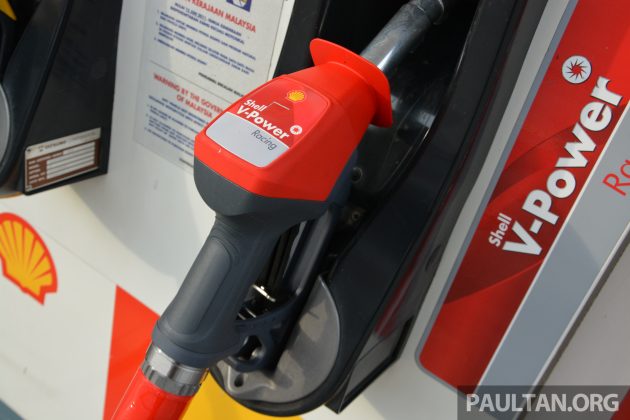Shell says its total oil production peaked in 2019, and expects output to decline by around 1-2% every year
Oil and gas giant Shell has revealed that its total oil production peaked in 2019, and said that it expects that its production will decline by about 1% to 2% each year as it makes the shift towards clean energy. The company also stated that its total carbon emissions for the company peaked in 2018.
Last week, the company, which has said it plans to become a net zero emissions business by 2050, outlined the strategy on how it hopes to achieve its goals. As CNN reports, Shell wants to sell more clean energy while investing in carbon capture and forestation projects to offset emissions, and also expand production of its bio-fuels as well as its distribution business.
In the short term, the company is aiming to sell some 560 terawatt hours of electricity a year by 2030, double what it is doing currently, and wants to grow its global electric vehicle charging network from more than 60,000 charge points today to around 500,000 by 2025.
It will however go about expansion by selling clean electricity to customers rather than investing in renewable power generation as rivals such as BP have done. “In order to sell those products you don’t necessarily need to own the generation capacity,” chief financial officer Jessica Uhl told reporters.
As part of its energy transition plan, the company will invest around US$2 (RM8.7 billion) to US$3 billion (RM12.1 billion) in renewables and energy solutions as well as US$8 billion (RM32.3 billion) to US$9 billion (RM36.3 billion) into its transition pillar involving integrated gas and chemicals.
However, it looks like any switch for it to electrification will be gradual rather than abrupt. That’s because oil and gas is set to remain as an integral part of the company’s business for a while, with the company announcing that it is set to continue investing in upstream activities such as oil exploration and pumping in the near term, projecting a spend of about US$8 billion (RM32.3 billion) a year.
Accordingly, while Shell’s oil production will drop by as much as 18% by 2030 and on to around 45% by 2050 based on its 1% to 2% drop projection, the report adds that total oil production from the company, which amounted to nearly 1.9 million barrels a day in 2019, will still be around more than a million barrels a day in 2050. Looks like we’re still set to have fossil fuel about for a good while.
The post Shell says its total oil production peaked in 2019, and expects output to decline by around 1-2% every year appeared first on Paul Tan's Automotive News.
from Paul Tan's Automotive News
Read The Rest:paultan...




Post a Comment